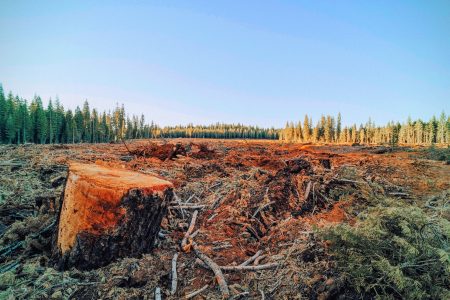The UK’s Footprint on Global Biodiversity – UK Government report

A new Environmental Audit Committee (EAC) report – The UK’s Footprint on Global Biodiversity – states that unsustainable consumption is threatening biodiversity and must be tackled by the Government and businesses in order to protect species.
The report follows the recently published ‘Biodiversity in the UK: bloom or bust?‘ which examined the state of biodiversity in the UK and protection recommendations (read our summary article). This new report broadens that view to highlight the global nature of consumption and it’s impact on biodiversity, as the actions, decisions and consumption patterns of the UK affect biodiversity worldwide. One million animal and plant species are threatened with extinction. These threats to biodiversity are key to address in the run up to the UN Convention on Biological Diversity (CBD) COP15 in Kunming, China, where the Post-2020 Global Biodiversity Framework will be set. An initial virtual meeting is scheduled to be held in October 2021 with further in-person negotiations in 2022. At the conference, global goals will be set aimed at bending the curve of biodiversity loss, and to renew efforts in the wake of a failure to meet the previous Aichi biodiversity targets, set ten years ago at COP10.
Commodity-driven deforestation for products such as soy, cocoa, timber, pulp, and paper are significantly responsible for nature decline. The UK’s consumption patterns that drive the production of such commodities remain unsustainable, and government performance against its own sustainable procurement policies has been limited, and overseas development assistance that aims to integrate poverty and environment objectives remains rare. The report therefore recommends that the Government urgently prioritise the development of the indicator on overseas environmental impacts of UK consumption of key commodities. A better understanding of the environmental impacts of imported products is crucial to meeting the Government’s objectives, with development of an environmental footprint target also recommended using this indicator once developed.
The existing Government Buying Standard should be updated to ensure all forest-risk commodities be certified as sustainably produced. Additionally, the private sector must also be included in such standards to ensure the UK economy protects and enhances international biodiversity. This could be achieved by legislation that prevents UK businesses and the finance sector from using commodities linked to deforestation.
The report also highlighted limitations in the Government’s international climate finance commitment, including funding for nature-based solutions, given the derivation of it’s funding from an existing and diminished aid budget, not new additional funding for such crucial work. The Government can and must do more if it is to turn its nature pledges into a reality. There are four key areas where Government efforts need to be stepped up:
- reducing the impact of UK consumption, trade and supply chains on nature.
- better protecting the UK’s Overseas Territories.
- mainstreaming biodiversity considerations into overseas development assistance.
- advocating for a stronger, more ambitious Post-2020 Global Biodiversity Framework at the UN Convention on Biological Diversity COP15.
The Government continues to make progress, leading the Global Ocean Alliance to protect 30% of the world’s oceans, signing the Leaders’ Pledge for Nature to reverse biodiversity loss by 2030 and through committing over £3 billion of its International Climate Finance funding to nature-based solutions to climate change. Significant research into the economics of biodiversity and how to reduce the UK’s impact on commodity-driven deforestation means that as host of COP26, the UK has an opportunity to push for the integration of these findings into international climate and biodiversity agreements.
Further action needs to start now, to prevent a repeated failure for the international community to meet any of the global biodiversity goals, and to prevent irreversible damage to ecosystems and species.
Read the outline of recommendations in the report summary, or explore the full report.




